Guard property with this type of trust…
Big time alert on passing rental property to the next generation!
An irrevocable asset protection trust is a type of trust that cannot be altered, modified, or revoked once it is established, except under very specific circumstances.
The primary purpose of this trust is to protect assets from creditors and lawsuits. Once you transfer ownership of the rental property to this trust, it is no longer considered your personal property, which can safeguard it from potential financial risks.
There are multiple benefits of utilizing this type of trust.
Since the assets in the trust are no longer legally owned by you, they are protected from the claims of any liabilities that come your way.
You still have some control over the assets. You can specify how and when the assets are distributed to your children.
The assets in the trust are also protected from the potential future creditors of your children. Unforeseen liabilities to your children could come from an ex-spouse, tax liability, business liability, car accident and on and on.
Your irrevocable trust can offer significant tax benefits, including potentially reducing estate taxes. If you’ve been following us, then you have heard our attorneys talking about the increase in estate taxes that is set to happen shortly.
Probate can be a messy and expensive court process when it comes to the transfer of your assets. Assets in an irrevocable trust do not go through the probate process, which can lead to a more efficient transfer to your beneficiaries.
There are a few important steps involved in setting up your trust. It’s extremely important to consult with an attorney who understands irrevocable trusts.
You’ve got to choose a trustee who will manage the trust according to the terms of the trust.
Your attorney will draft the documents and then the assets are legally transferred to the trust.
Your trust can hold other assets beyond rental property. Maybe it’s a substantial stocks, bonds and cash account you are transferring, for example.
Rather than giving assets to your kids outright, think about HOW best to transfer assets. It may make sense to also transfer assets now, not just at death. Our analysis for clients around this issue also gets into the proper legal entity for assets such as limited liability companies.
The post Guard property with this type of trust… first appeared on Barth Calderon Attorneys | Asset Protection Attorneys.











